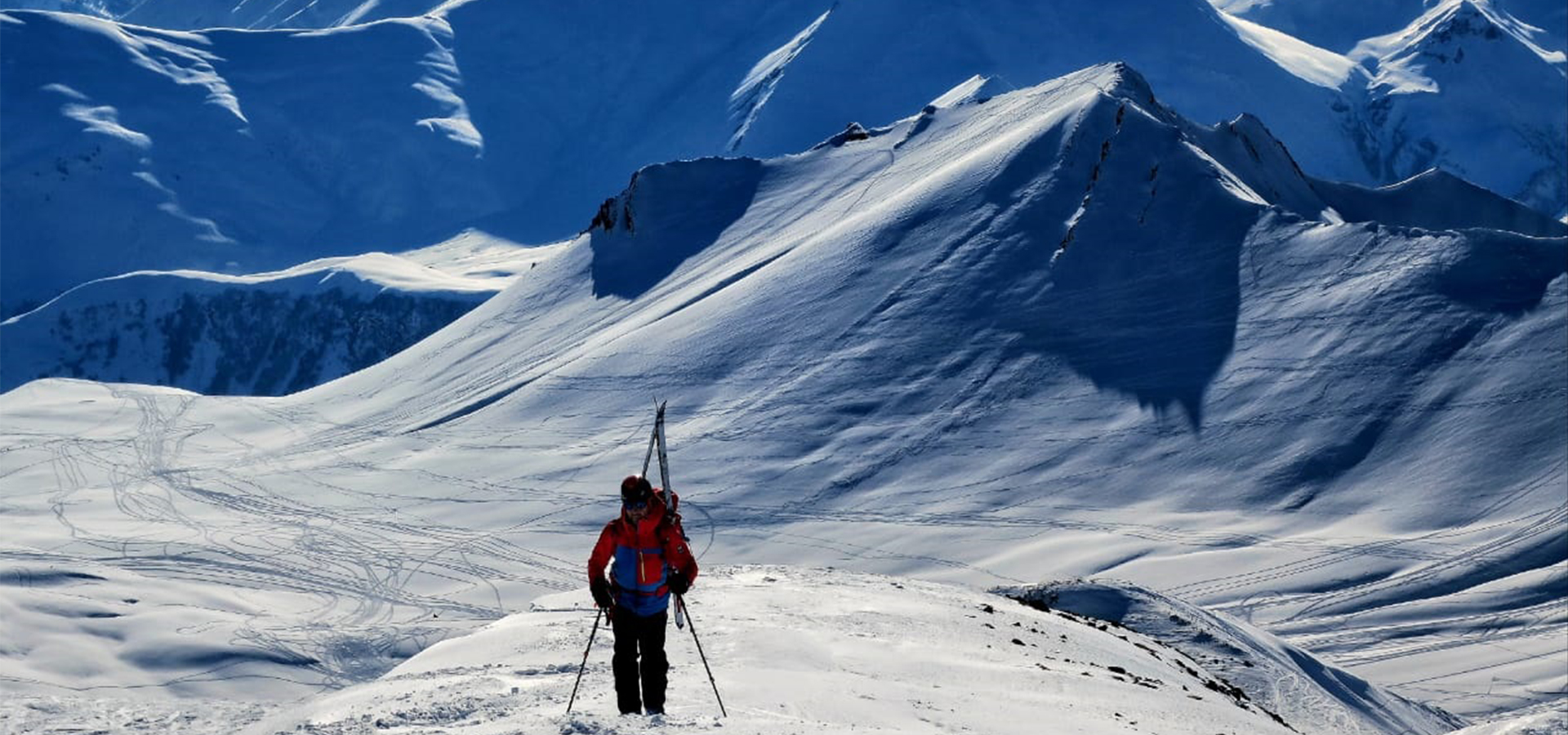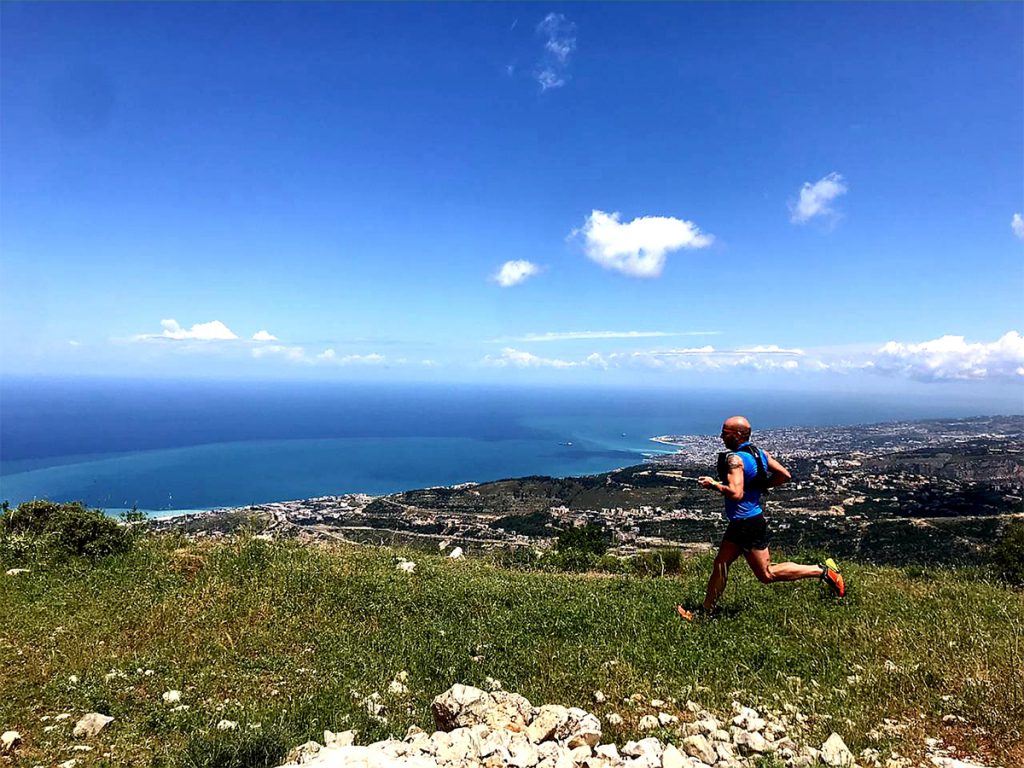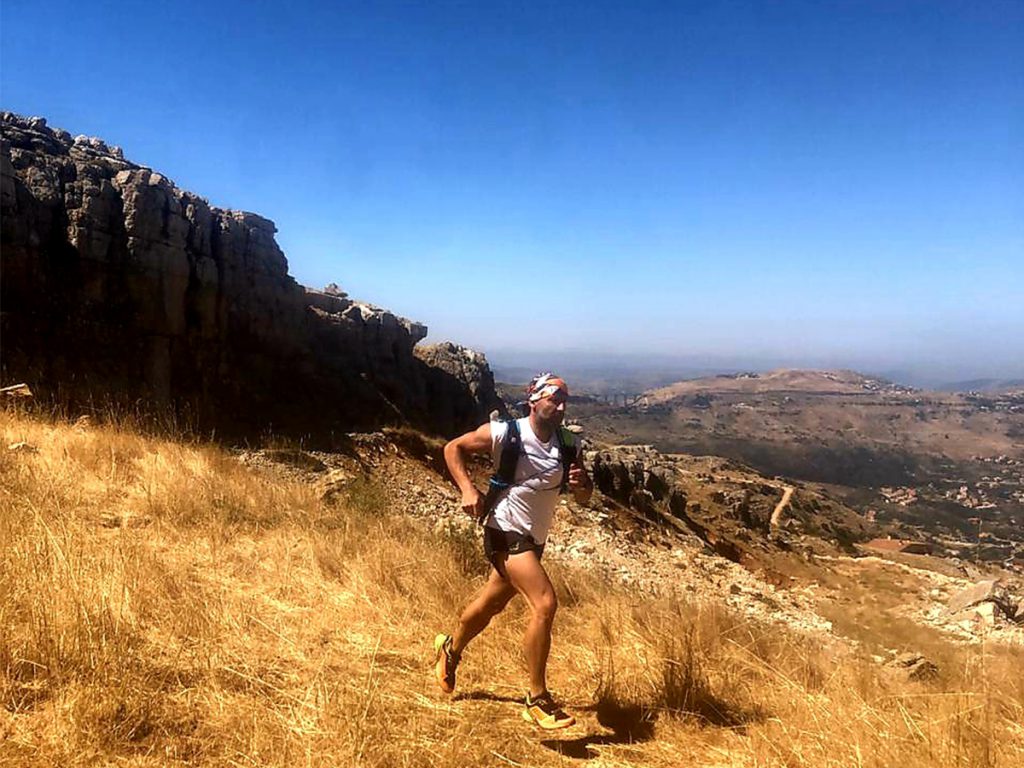
High Altitude Training: Does It Suit Everyone?
- September 1, 2020
- 0
Cover Photo Credits: George Saado – Skitouring in Georgia
Prepared by: Mario Fares, Certified Personal Trainer.
Altitude has a great reputation in the world of training especially when it comes to its impact on performance.
When we refer to “high altitude” in sports medicine, we generally mean 2,400 m above sea level or higher. As athletes acclimate to high altitude, they acquire more red blood cells which allow their blood to carry more oxygen, and when they compete at lower altitudes, they get a natural boost to the muscles when additional oxygen is available.
For many coaches and athletes, altitude is the answer. They do everything they can to get its benefits, but some athletes are good responders to altitude, meanwhile others aren’t.

In an article written by Theresa Fischer, she mentioned this study:
In 2005, the Naval Health Research Center measured mood changes in Marines who left seaside San Diego for 30 days of strenuous training in the Northern California mountains. Before training, the Marines completed a self-evaluation of their levels of anxiety, dejection, fatigue and bewilderment, among other mood symptoms. They completed the same evaluation after training ended, and then again 90 days later. While their physical fitness improved during training, their mental health disintegrated. Before training, the Marines reported more balanced mood levels than average college-aged men. By the time they finished, they described mood symptoms comparable to those of psychiatric patients. Ninety days later, they were just as sad and agitated.
So why are some athletes bad responders to altitude and show a dramatic drop in performance ?
Some researches showed that it’s linked to genetic differences, the frequency of training and the ability to adapt to the stressor that is altitude, but is it the only reason?
Altitude and brain chemistry:
Ever heard of “The Utah Paradox” ?
Utah is consistently characterized as one of the happiest places in the United States; however, its rates of depression and suicide are also some of the highest , and for years no one understood why until a neuroscientist at the University of Utah, “Perry Renshaw”, came up with a theory of why this paradox occurs. It’s the effect of altitude on brain chemistry.
He found that altitude causes changes in the brain chemicals “Dopamine” and “Serotonin”, known in their role in mood changes.
When it comes to altitude, people experience an increase in “Dopamine” and a decrease in “Serotonin”.
– When the increase in dopamine is greater than the decrease in serotonin, people feel better, this likely occurs in those who are born at altitude, left it and came back.
– When the increase in dopamine is less than the decrease in “Serotonin”, people feel anxiety and depression.

Training at high altitude:
Every coach or athlete should take into consideration that he might see positive adaptations or negative ones to altitude, and as a wise step, they should start with a screening for mood traits or personality disorders in addition to the physiological testing. In a practical way they should make a screening using various psychological and mood state questionnaires. These results can lead us to see who is psychologically capable to adapt to altitude because altitude itself acts as another stressor.
In conclusion, altitude doesn’t work for every athlete, it can be beneficial or it can make things worse.
References:











